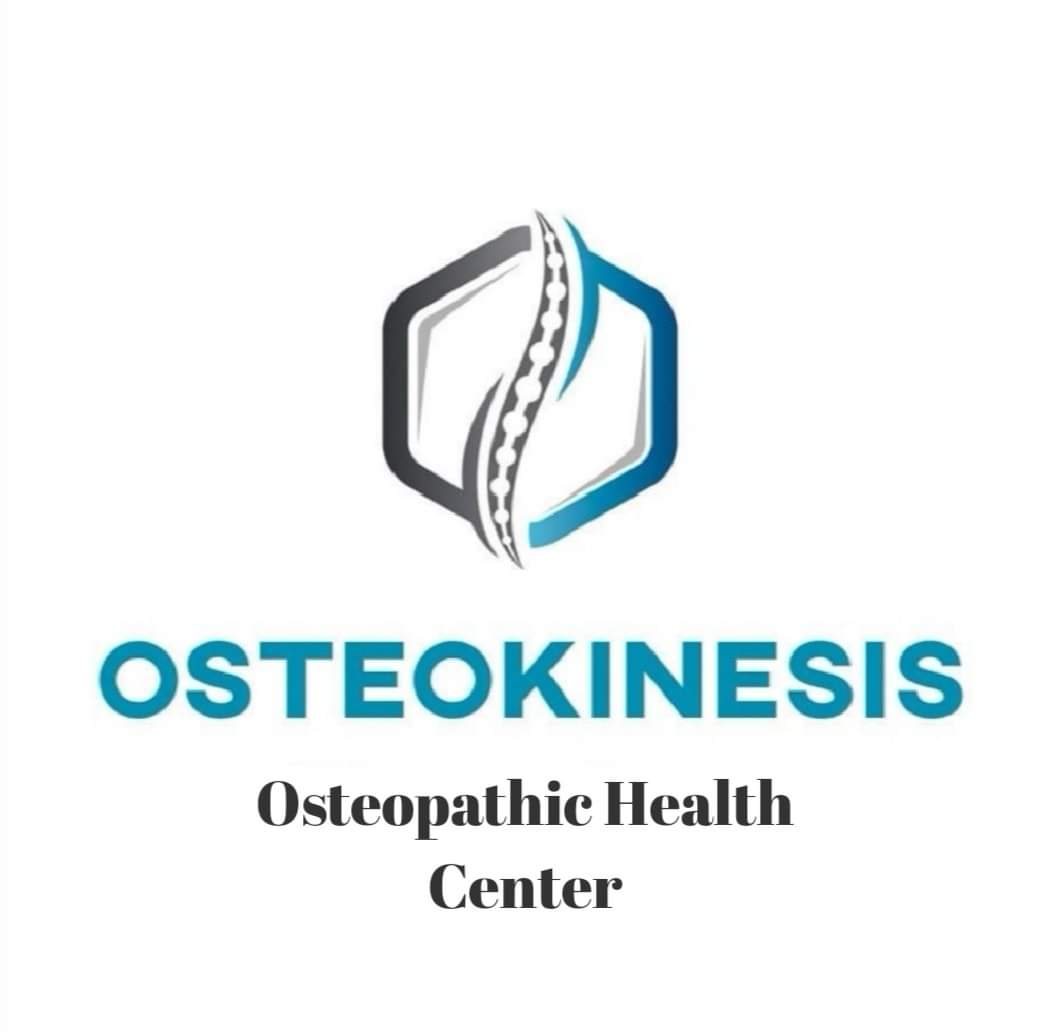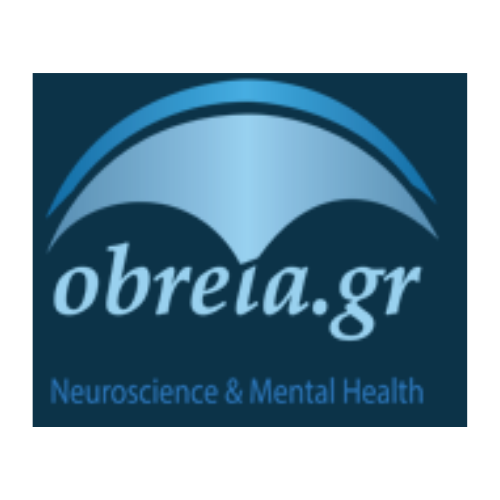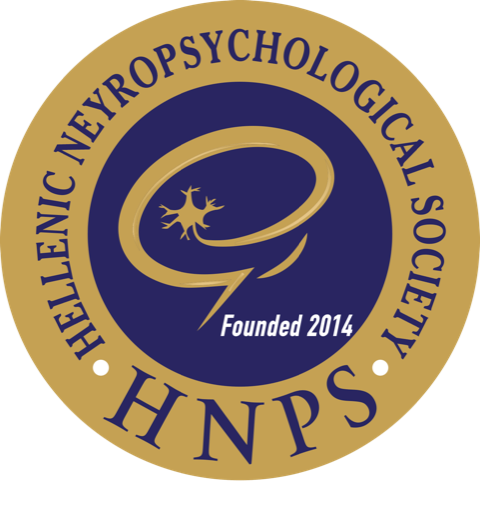Ψηφίζουμε για «προειδοποιητική σήμανση σε οποιοδήποτε προϊόν περιέχεται κάποια ψυχοδραστική ουσία»
Ψηφίζουμε για «προειδοποιητική σήμανση σε οποιοδήποτε προϊόν περιέχεται κάποια ψυχοδραστική ουσία»
Δηλωσεις

















George Paxinos - Scientia Professor George Paxinos AO DSc FASSA FAA (Dist)FRSN FAHMS, NHMRC Senior Principal Research Fellow, Neuroscience Research Australia, 139 Barker St Randwick, Sydney NSW 2031 Australia.
There is nothing more important than the brain and I would not gamble with its chemistry.
https://en.wikipedia.org/wiki/George_Paxinos
+61293991094
Mob: +61414305220
Dimitrios Gounopoulos is Professor of Accounting and Finance at the University of Bath and the Head of Department (Research) in the Accounting and Finance Group of the School of Management. Research Portal
Health information labels are an inexpensive tool that provides direct information on the risks associated with psychoactive substance consumption.
Dr. Sotiris Papaspyropoulos, Psychiatrist, Public Health specialist, W.H.O. Healthy Cities Coordinator, Attica Region
Psychoactive substance labelling consists a knowledge tool in order to aware all individual consumers on the risks associated with psychoactive substance consumption. It also provides a unique opportunity for Governments to disseminate Health Promotion messages at the points of sale and consumption.
Georgios Papazisis MD, PhD, Associate Professor of Clinical Pharmacology, Psychiatrist, Department of Clinical Pharmacology, School of Medicine, Aristotle University Thessaloniki, ORCID: https://orcid.org/0000-0003-1641-9095
A drug can have psychological, emotional and physical effects and can change the behaviour of the person taking the drug.
George Panagis, Professor in Biopsychology, Dean, School of Social Sciences, University of Crete, Department of Psychology, Laboratory of Behavioral Neuroscience, University Campus at Gallos, Rethymno, Crete, Greece, panagis@uoc.gr
Exposure to a psychoactive substance can change both brain structure and function. Labels could be considered as part of a comprehensive strategy to provide information and educate consumers to prevent and reduce drug-related harm.
Dr Stella Vlachou, BSc in Psychology Programme Coordinator, Assistant Professor in BioPsychology, Director of the Behavioural Neuroscience/Neuropsychopharmacology Lab, www.dcu.ie/psychology, School of Psychology, Scoil na Síceolaíochta | H267 | Faculty of Science and Health | Dublin City University | Glasnevin Campus | Dublin 9 | Ireland
A psychoactive drug can cause changes in the structure and functioning of neurons, and thus have psychological, physiological and emotional effects, which can change the behaviour of the person taking the drug.
Maria Aidini, MA Psychologist, General Manager, The Hellenic Inter-Municipal Network of Healthy Cities of the WHO , https://www.eddyppy.gr/
It is the obligation of public institutions to ensure consumers are able to make informed choices.
Spyros Zorbas, President, Greek Carers Network EPIONI, https://epioni.gr/en/
Product-labelling regulation is an important instrument in promoting healthier habits.
Charalampos Petras, Psychologist, Athens Coaching Institute, www.petras.gr
Labelling psychoactive substances is a call for conscious and active care of our mental health.
Georgios Tzeferakos, MD PhD, Scientific Associate Panteion University, President of Board EPAPSY, President of Forensic Psychiatry Section, Hellenic Psychiatric Association, President of Dual Diagnosis Section, Hellenic Psychiatric Association
It is the right of consumers to make informed choices about the products they purchase.
Evangelia Papanikolaou, PhD, FAMI, Music therapist-GIM trainer, Scientific director of SONORA Organisation for Music Therapy & Research, Board Member of the European Association for Music & Imagery, www.sonora.gr
A drug can have psychological, emotional and physical effects and can change the behaviour of the person taking the drug.
Christina Dalla, PhD, Associate Professor of Pharmacology, Neuropsychopharmacology group, President-elect of the Mediterranean Neuroscience Society, Medical School, National & Kapodistrian University of Athens, http://psychopharmacology.med.uoa.gr/dalla, https://www.medneuroscisociety.org
Exposure to a psychoactive substance can alter our behaviour or mood by exerting neuronal effects.
Athanasia Liozidou BPsych, MPsych, MPH, PhDs, Clinical Neuropsychologist, Henry Dunant Hospital Center, Academic Head MSc NCC, Scientific College of Greece/ Université de Strasbourg, Director, Lab of Cognitive Neuroscience & Clinical Neuropsychology, Scientific College of Greece, President, Hellenic Neuropsychological Society Council Member, Federation of the European Societies of Neuropsychology
It is the right of consumers to make informed choices about the products they purchase.
Stefanos Dimitrakopoulos, MD, MSc, PhD(c), Military Psychiatrist, Scientific Associate, National and Kapodistrian University of Athens
Having a healthy brain is all about making healthy choices. Product-labelling regulation is an important instrument in promoting healthier habits.
George Konstantakopoulos, Psychiatrist, MD, PhD, 1st Department of Psychiatry, National and Kapodistrian University of Athens & University College London, https://www.helpmyself.gr/
Functional and structural alteration in the brain may be induced by exposure to psychoactive substances. Product-labelling regulation can help consumers to make informed choices.
Antonis Dimas, BSc in Physiotherapy, BSc in Physical Education, MSc in Rheumatology-Musculoskeletal Health, MSc in Musculoskeletal Physiotherapy & Sports Physiotherapy, owner of Osteokinesis Osteopathic Center, Vice-president of the PanHellenic Association of Physiotherapists of the United Kingdom, visiting professor of Chiropractic Open University of New Jersey
It is our duty to promote health and improve quality of life. The existence of a warning sign that informs us about the presence or not of psychoactive substances, is a step towards that goal.
Phaedon Kaloterakis, Special Assistant Director of Therapy Center for Dependent Individuals (ΚΕTHEA), President of European Federation of Therapeutic Communities (EFTC), Vice president of World Federation of Therapeutic Communities (WFTC).
I believe it is wrong to blame substances in general. What matters more, is the general public to be informed about the existence of psychoactive substances on consumer products, in order for them to have the control of their personal health.
ΨΗΦΙΖΟΥΜΕ ΓΙΑ
ΠΡΟΕΙΔΟΠΟΙΗΤΙΚΗ ΣΗΜΑΝΣΗ
Ψηφίζουμε για “προειδοποιητικές σημάνσεις σε κάθε προϊόν που περιέχει ψυχοδραστικές ουσίες”
ΤΕΛΕΥΤΑΙΑ BLOGS
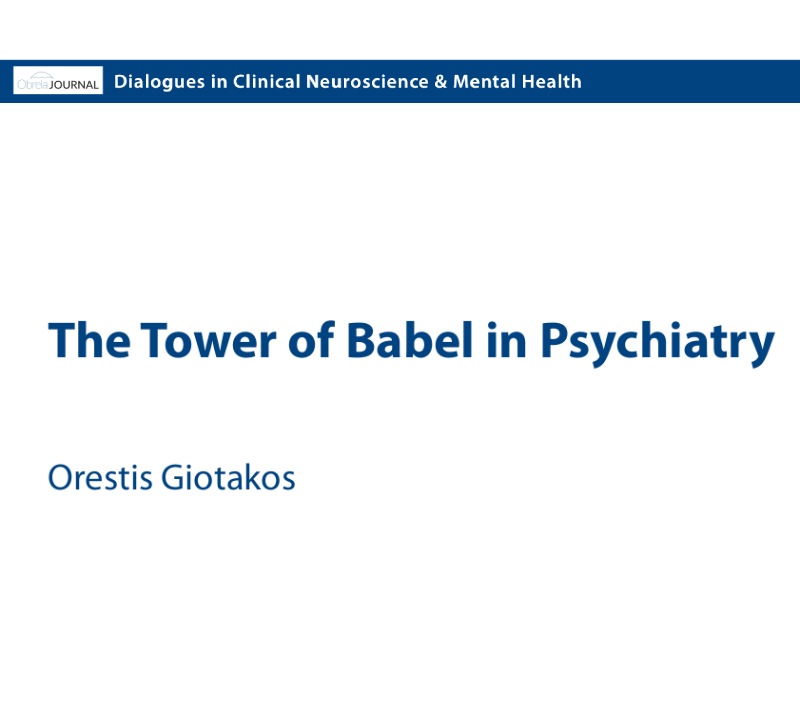
- 2023-12-07 12:25:55 UTC
- by Orestis Giotakos
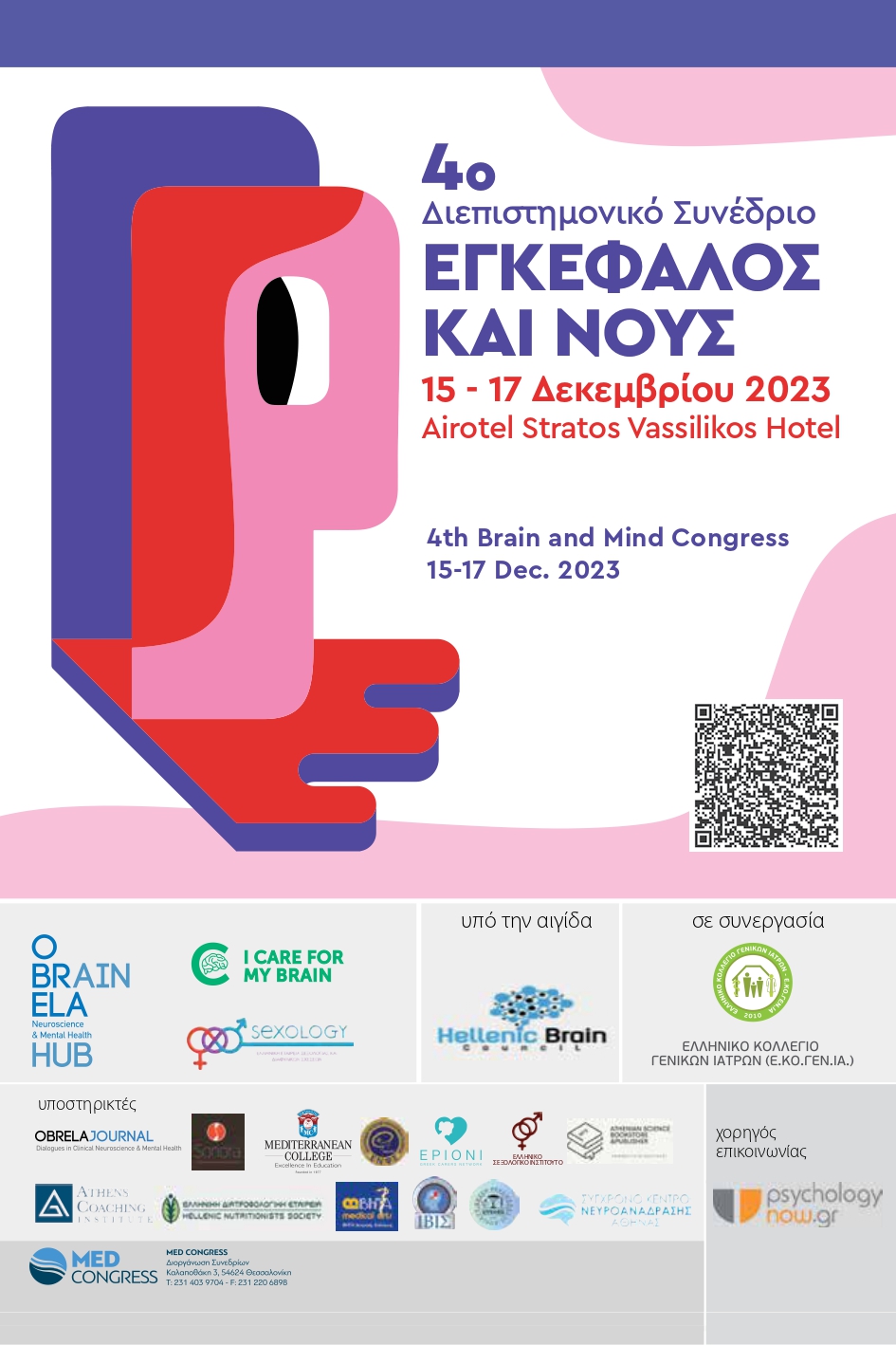
- 2023-12-07 12:12:00 UTC
- by Orestis Giotakos
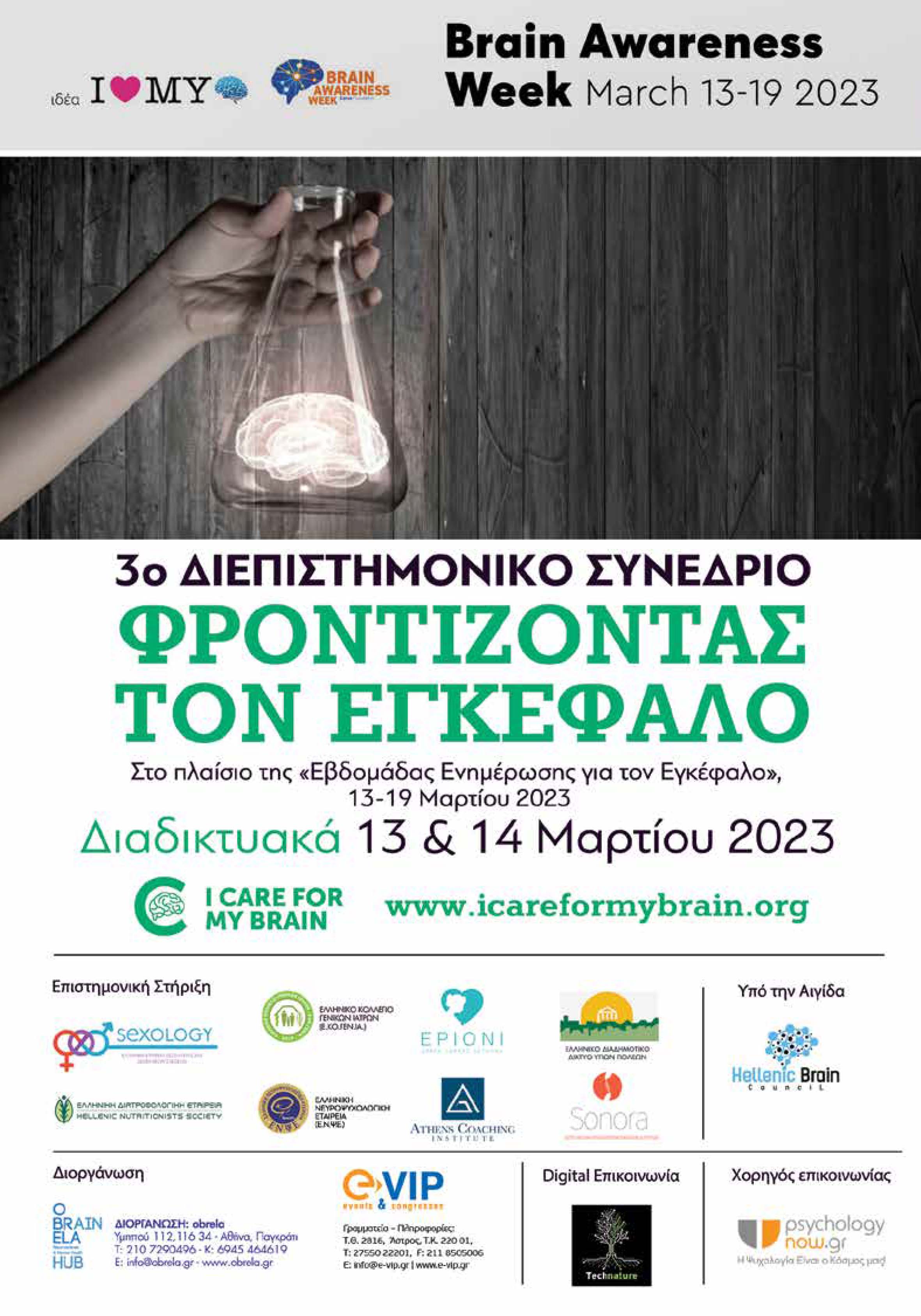
- 2023-01-20 10:17:11 UTC
- by Orestis Giotakos








